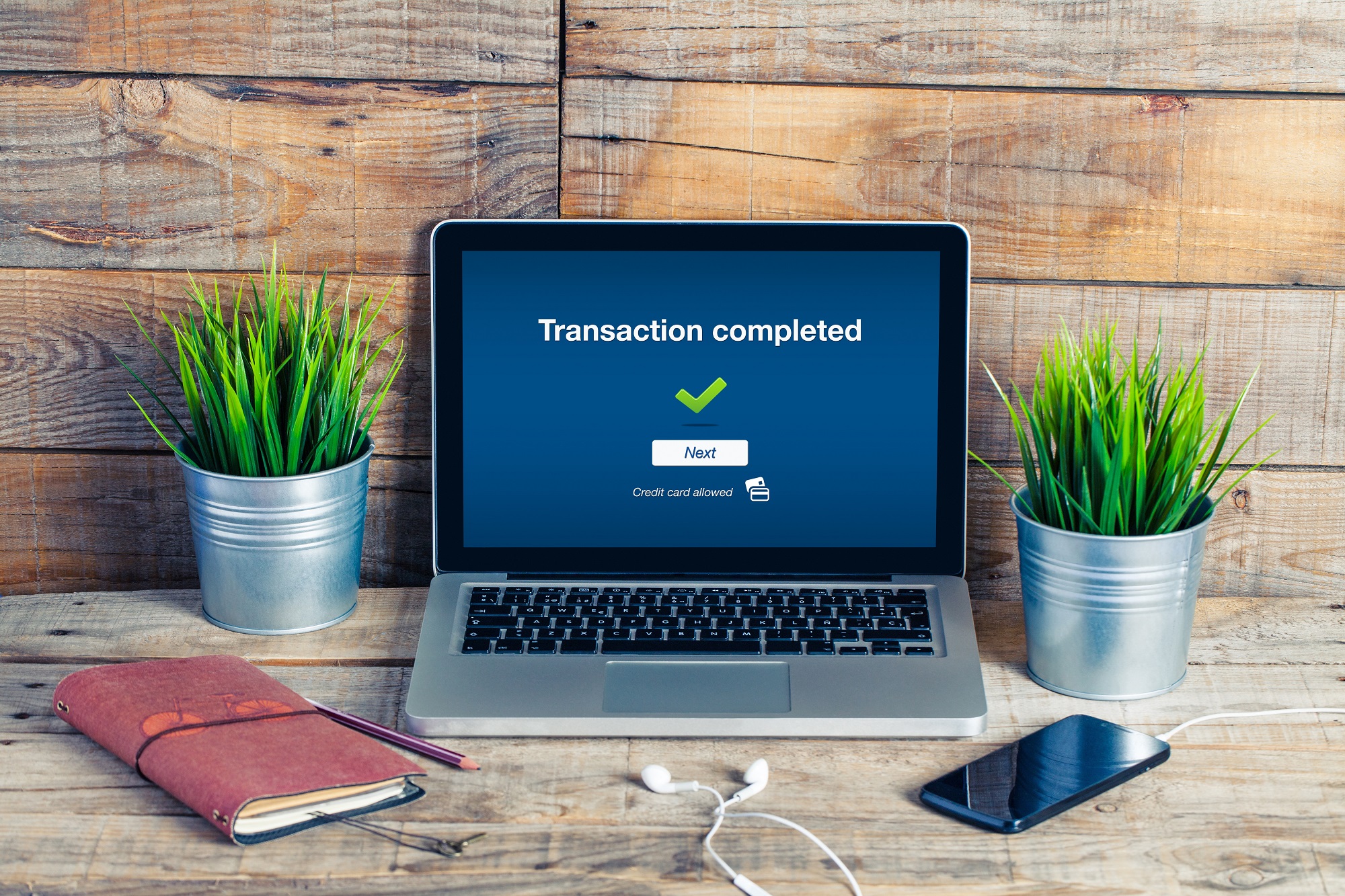It is very difficult to find many positives arising from the Covid pandemic and ever rarer still that HMRC should be seen to be leading the charge on anything, but the increase in digital transaction handling must be the one item that can tick both of these boxes.
With the UK workforce, and many overseas counterparts confined to barracks, remote and online working became the ‘new norm’ almost overnight. For some this was a major change, whilst others had already invested in the technology required to support a geographically diverse workforce.
But whilst we are all aware of the rise and rise of online collaboration platforms like Zoom, MS Teams and Google hangouts, there has also been a quiet revolution taking place behind the scenes on digital transactions.
Here’s a little known but interesting fact. As if to affirm our feelings on HMRC and the fact it is all ‘take, take, take’, at the start of this year there were no Government portals that had the functionality to pay out funds – only receive them. Anyone receiving funds from HMRC before Covid will have been used to still getting a cheque!
So, when the Chancellor stood up and announced his business support measures, the digital team at the cabinet office went into overdrive to create online payment systems capable of crediting grants, loans and payments.
If you have moved house, had a doctor’s appointment, made a will, created a lasting power of attorney or taken out investments in the last 6 months, chances are you will have noticed that all of the legal paperwork can now be signed digitally and prescriptions are entirely electronic, pinged directly to your pharmacy of choice. In terms of the legal documents, digital signing, whilst long desired by clients, was simply not ‘permitted’ pre Covid.
Back to those pesky HMRC refund cheques, if you bank with the likes of Starling and some of the younger, technically driven challenger banks, you can now simply take a photo of the cheque and bank it via their mobile app!
As we emerge from the dark days of 2020 we should probably briefly acknowledge the fact that some aspects of society and our day-to-day engagements progressed 20 years in 20 days and that life, whilst much changed, will actually be slightly more efficient.
